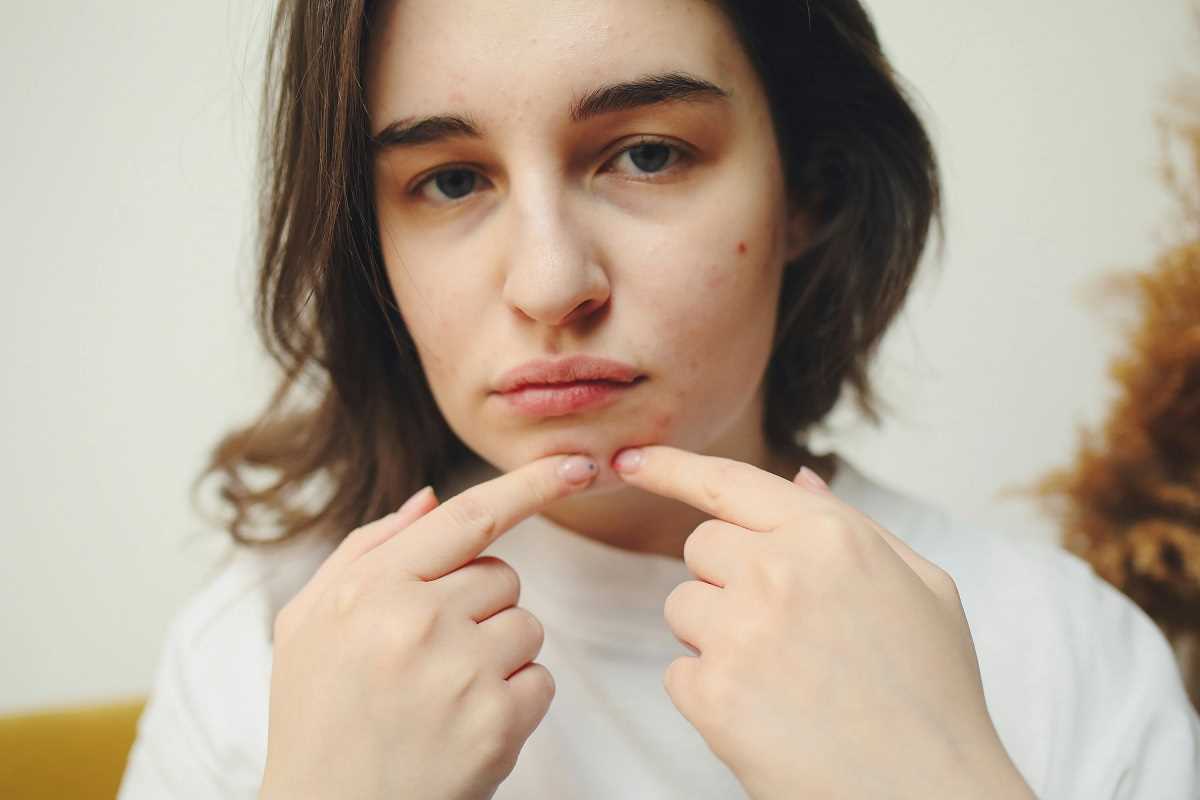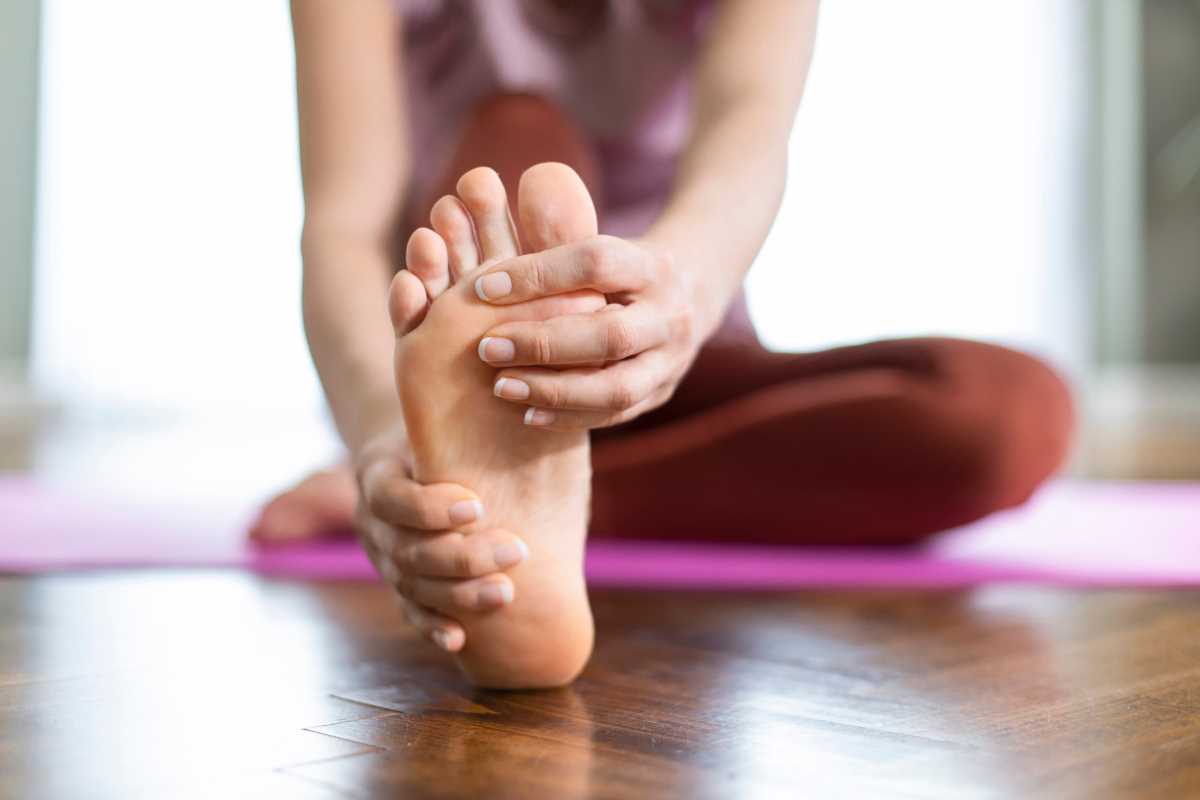Dealing with acne is a common challenge for teenagers, and this becomes even more complex when living in high-humidity environments. The combination of hormonal changes during adolescence and the persistent moisture in the air can create the perfect storm for breakouts. Understanding how humidity affects your skin and learning effective management strategies is crucial for maintaining clear and healthy skin.
Living in a humid climate means that your skin is constantly battling excess sweat and oil production, which can clog pores and lead to acne. However, with the right approach, you can effectively manage acne and prevent it from taking over your daily life. This article explores the factors that contribute to acne in humid conditions, offers practical skincare routines, suggests lifestyle changes, debunks common myths, and provides guidance on when to seek professional help.
Factors Contributing to Acne in Humid Climates
High humidity levels can significantly impact your skin's health and contribute to the development and worsening of acne. Understanding these factors can help you take proactive steps to manage your skin effectively.
- Excessive Sebum Production: Humidity causes the sebaceous glands to produce more oil to protect the skin from moisture loss. This excess oil can mix with dead skin cells and clog pores, leading to acne breakouts.
- Increased Sweat: High humidity leads to more sweating, which can trap bacteria and dirt on the skin's surface. When sweat evaporates, it leaves behind residues that can irritate the skin and promote acne formation.
- Pore Blockage: The combination of excess oil and sweat can easily block pores. Blocked pores create an ideal environment for bacteria like Propionibacterium acnes to thrive, resulting in pimples and cysts.
- Environmental Pollutants: Humid climates often correlate with higher levels of air pollution. Pollutants can adhere to the skin, causing inflammation and further clogging pores.
- Heat: Elevated temperatures in humid areas can cause skin irritation and inflammation, making existing acne worse and increasing the likelihood of new breakouts.
Effective Skincare Routines and Products
Establishing a consistent skincare routine tailored to high-humidity conditions is essential for managing acne effectively. The right products and steps can help control oil production, keep pores clear, and maintain overall skin health.
- Cleansing Twice Daily: Use a gentle, oil-free cleanser in the morning and evening to remove excess oil, sweat, and impurities without stripping the skin of its natural moisture.
- Exfoliating Regularly: Incorporate a non-abrasive exfoliant 2-3 times a week to remove dead skin cells and prevent pore blockage. Products containing salicylic acid are particularly effective.
- Applying a Lightweight Moisturizer: Even in humid weather, moisturizing is crucial. Choose a water-based or gel moisturizer that hydrates the skin without adding extra oil.
- Using Non-Comedogenic Products: Opt for makeup and skincare products labeled as non-comedogenic to avoid further clogging pores.
- Incorporating Topical Treatments: Products containing active ingredients like benzoyl peroxide or retinoids can help reduce acne by targeting bacteria and promoting skin cell turnover.
- Sun Protection: Apply a broad-spectrum sunscreen daily, preferably in a mattifying formula, to protect the skin from UV damage without causing excess shine.
Lifestyle Changes for Reducing Acne
Beyond skincare routines, certain lifestyle adjustments can have a significant impact on reducing acne symptoms. These changes address the root causes of breakouts and promote overall skin health.
Maintaining a balanced diet rich in fruits, vegetables, and whole grains can help regulate hormone levels and reduce inflammation. Additionally, staying hydrated by drinking plenty of water aids in flushing out toxins and keeping the skin hydrated from within. Regular exercise is also beneficial, as it promotes healthy circulation and helps manage stress, which is a known trigger for acne.
It's important to manage stress effectively through activities such as yoga, meditation, or hobbies you enjoy. Stress can lead to increased cortisol levels, which in turn can exacerbate acne. Ensuring adequate sleep each night allows your skin to repair and regenerate, further supporting clear skin. Lastly, avoiding touching your face and keeping your hair clean and away from your skin helps minimize the transfer of oils and bacteria that can cause breakouts.
Debunking Myths About Acne in Humid Environments
There are several misconceptions about acne, especially related to high-humidity environments. Clearing up these myths is essential for adopting effective acne management strategies.
One common myth is that oily skin doesn't require moisturizing. In reality, using the right moisturizer is crucial for all skin types, including oily skin, to maintain its barrier and prevent overproduction of oil. Another misconception is that humidity alone causes acne. While high humidity can contribute to breakouts, acne is primarily influenced by hormonal changes, genetics, and skincare habits. Additionally, some believe that frequent washing is the best way to control acne, but over-washing can strip the skin of its natural oils, leading to increased oil production and more breakouts.
Understanding the truth behind these myths empowers teenagers to make informed decisions about their skincare routines and avoid practices that may inadvertently worsen their acne.
When to Seek Professional Help
While many cases of acne can be managed with over-the-counter products and lifestyle changes, there are instances when professional medical intervention is necessary. Recognizing these signs can help you take timely action to prevent long-term skin issues.
- Persistent Acne: If acne persists despite following a consistent skincare routine, it may require prescription treatments.
- Severe Inflammation: Presence of painful cysts or nodules indicates severe acne that can cause scarring if not treated properly.
- Emotional Distress: When acne significantly impacts your self-esteem or mental health, seeking professional guidance is important.
- Resistance to Over-the-Counter Treatments: If standard products are ineffective, a dermatologist can prescribe stronger medications tailored to your needs.
- Unusual Acne Patterns: Breakouts that occur in unusual areas or suddenly worsen should be evaluated by a healthcare professional.
Consulting a dermatologist can provide access to specialized treatments such as topical retinoids, oral medications, or professional procedures that can effectively manage and reduce severe acne.
Managing acne effectively requires a combination of understanding the environmental factors at play and implementing the right strategies. By following a tailored skincare routine, making positive lifestyle changes, and debunking common myths, teenagers can take control of their skin health. Remember to monitor your acne and seek professional help when necessary to ensure that your skin remains clear and healthy. Proper acne management is key to navigating the challenges of high-humidity environments and achieving lasting skin clarity.







